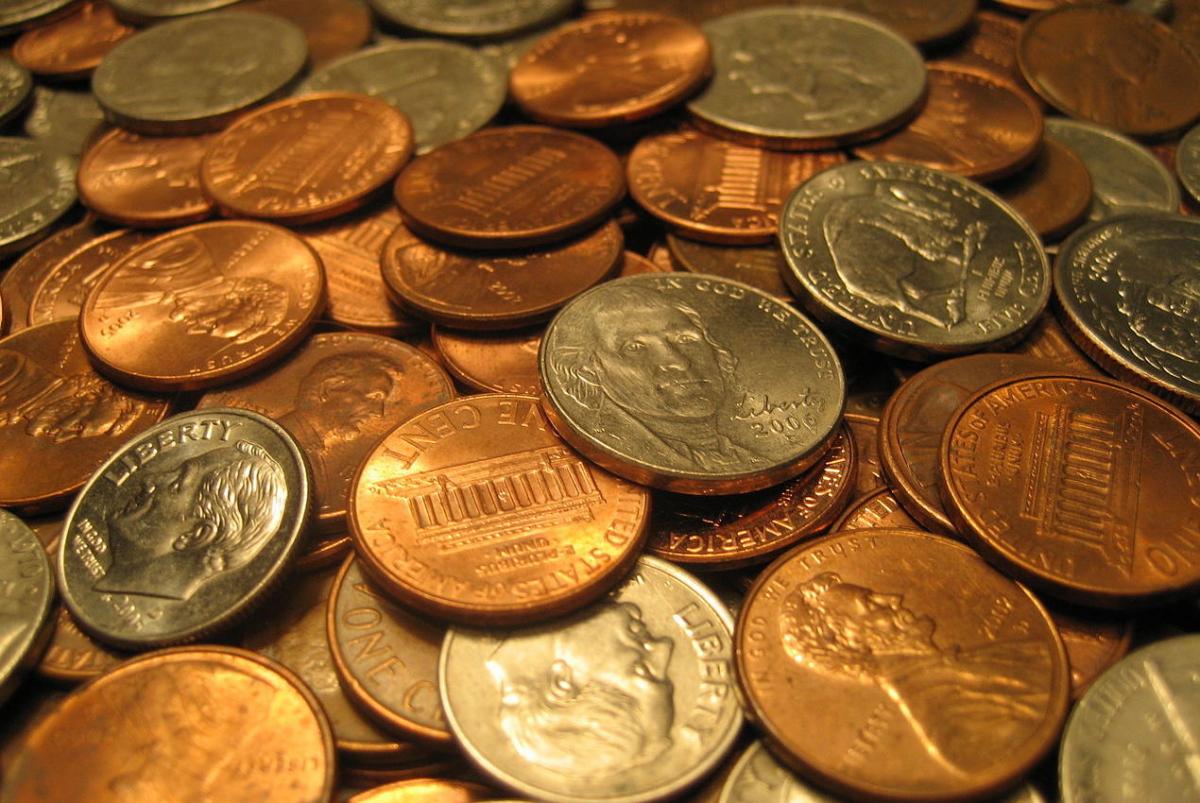Y: Did you give your kids an allowance, Don?
D: Yes.
Y: Why?
D: Well, I suppose for the same reasons that a lot of parents do ... to teach their kids how to handle money and to help motivate them to do chores around the house.
Y: That makes sense. After all, money is known to alter behavior, for better and for worse.
D: What do you mean?
Y: Some experiments have found that even just handling money can change the behavior of kids as young as three, who don't even really understand the value of various coins and bills.
D: How so?
Y: In one experiment, researchers had one group of children sort coins by denomination and another group sort buttons by color. A bit later, the children were tasked with solving a difficult maze...a challenge they could quit at any time. The kids who sorted coins worked longer at solving the maze and were overall more successful. In a similar experiment, the money and button sorters were asked to help a researcher set up materials for the next group of kids to be tested. The money sorters were less helpful overall than the button sorters.
D: So ... handling money made the kids more persistent but also less willing to help other people?
Y: Pretty much. Other experiments have shown much the same thing. Kids who handle money tend to be more selfish and less willing to help other people than kids who don't handle money. But the money kids also tend to work harder to solve problems.
D: Why?
Y: Unclear. That's going to take more research.










